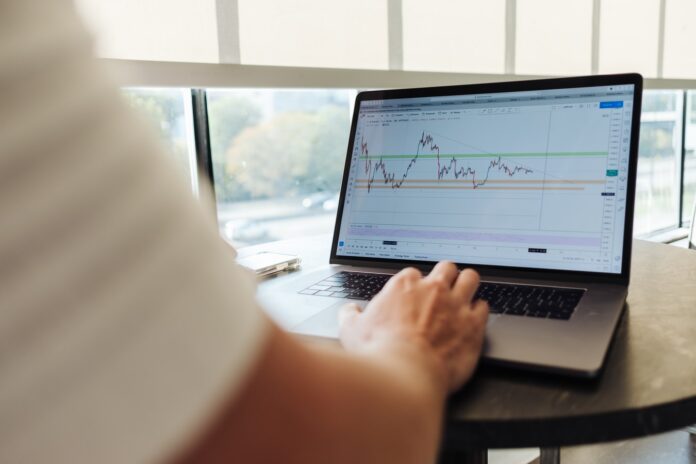
Any trade deals on the currency or stock exchange are supposed to be financial transactions with a high risk of losing capital. Consider all the potential risks: do not invest in stock transactions the amount of money that you cannot afford to lose.
What you need to trade
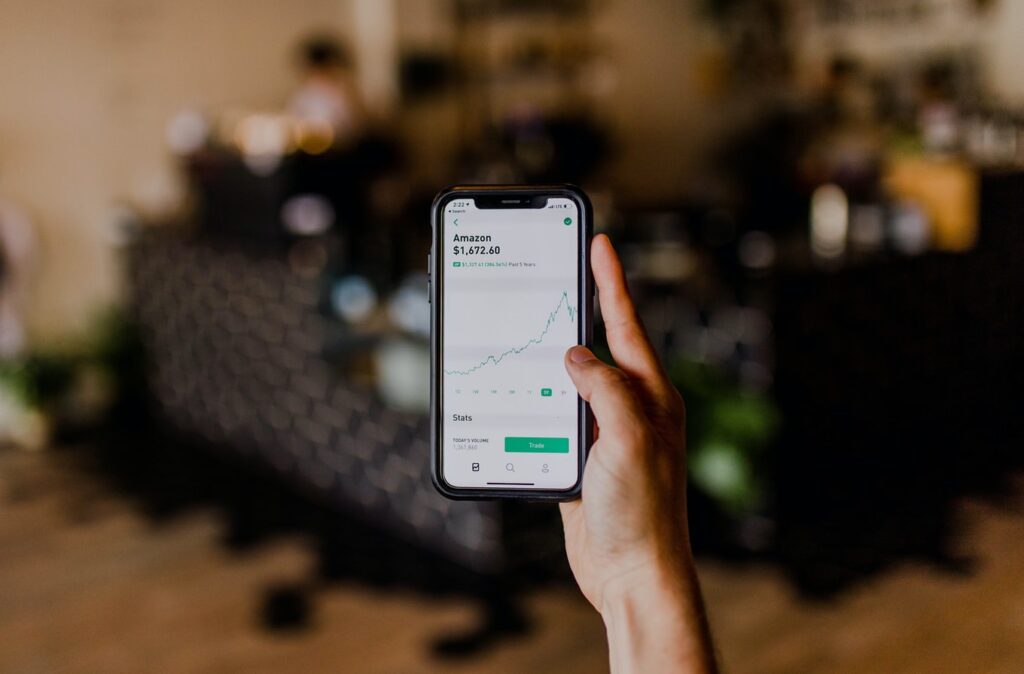
First, you need deep knowledge and experience. Trading on the stock exchange is not a game and even not a hobby. You must clearly understand how the market works, what factors influence it. You must be able to monitor complex factors and make accurate predictions. Without those knowledge and experience, you will quickly lose your capital. And even if you have them there is a high probability of negative profitability or money loss.
Secondly, you need to assess your financial and investment opportunities adequately. An exchange market is a ‘zero-mass’ market. What does it mean? It means that you can only earn money from someone else’s monetary losses. Chances are good that you, as a beginner, will become a source of income for other more experienced and skilled market participants.
Thirdly, you need to have functional and modern software with which you can collect and analyze the necessary information. By the way, there is no such thing as ‘magic’ software that will make money just by clicking several buttons. Any e-tools are just your assistants.
Fourth, you need time and effort. Speculative trading on the stock exchange requires a lot of time and effort, often 8-10 hours a day. If you are looking for easy money, then you better not mess with the exchange speculations.
Finally, you need to find a good and reliable broker who will become an intermediary and enable you to conduct transactions comfortably and profitably. To choose a broker, use information from official sites (recheck it on independent sites) and sites with broker ratings – like tradersunion.com.
Let’s talk in more detail about the main topic of the material – how to choose a brokerage company, because your financial security as well as trading possibilities depend on it.
Broker reliability
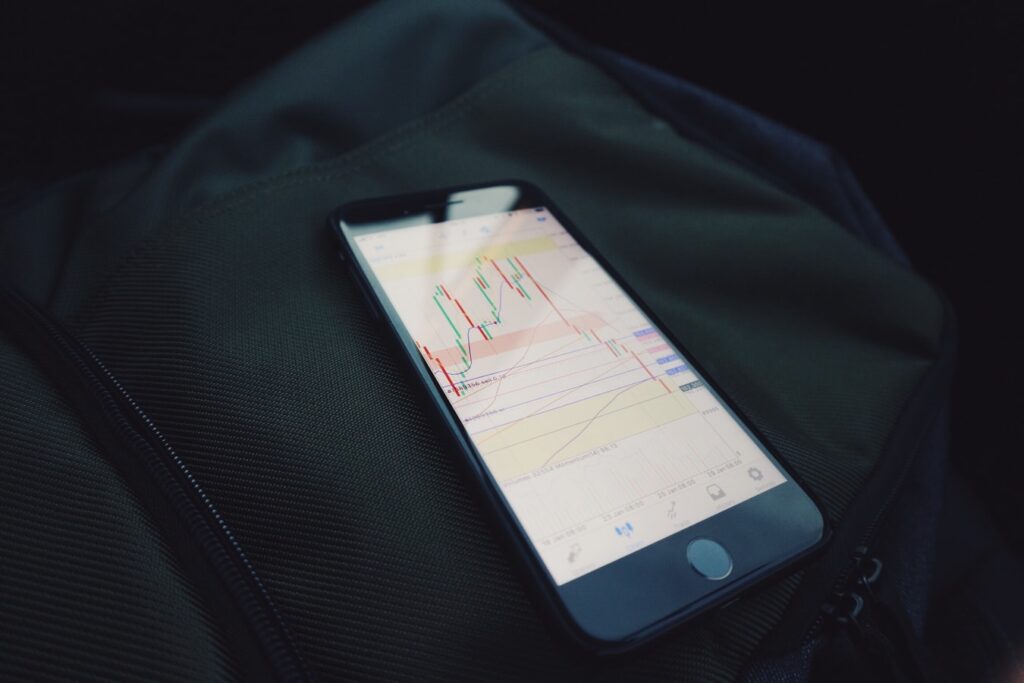
Attention! There are many scammers that are working on the brokerage market today. They look like real brokers, have professionally made websites and even ‘licenses’ but don’t have access to the exchange. If you make a deposit to such a ‘company’ you are going to lose your money.
To start with, collect all the available information about the broker that interests you in particular. Check out his official website. The necessary documents should be in the public domain – contacts (with telephone number), license details, legal information, and the address of the head office. The more trusted info – the better.
Also check who regulates the company, which country it is registered in, and where the broker keeps clients’ money. If the money is kept on offshore accounts, this is a disadvantage, since in case of problems you will not be able to access them. Even if you go to court in your country for help authorities will not have legal credentials to return you money.
Make sure the broker executes the trader’s order the right way and without delays. Thus, be sure to double-check all the information. Anything can be written on the site, the information may be inaccurate, outdated or false. Check it and recheck it twice in reliable sources.
Your task is to make sure that the broker really has access to exchange operations, delivers reliable signals, does not falsify information in the trading terminal, and works in good faith. The broker should not be interested in your trading operations. It is desirable that the term of the company and domain registration be at least several years (check the site using the WHOIS or similar free web service).
Commissions and spreads
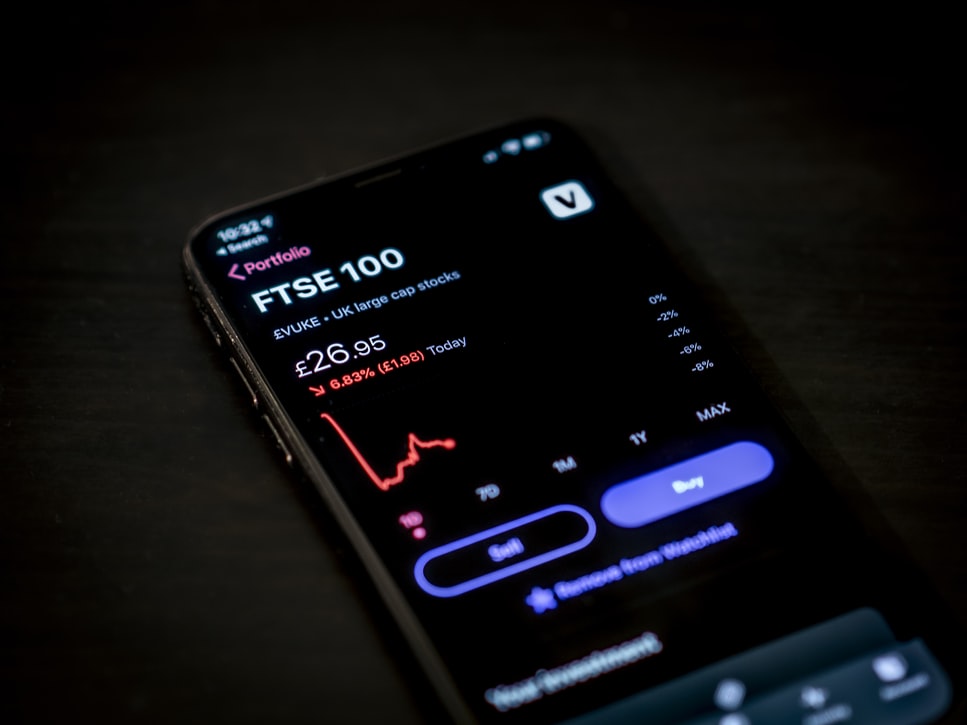
Brokers do not work on a charitable basis. They charge commissions for their intermediary services. Commissions can be floating and fixed, can depend on the trader’s income, and can only depend on the number of transactions performed. Take into account your trading strategy and choose the broker with the most appropriate commission policy.
Pay attention to the methods of depositing and withdrawing money to the account. First, check the limits – they may be too high, making cooperation with a dealer unsuitable for you. Secondly, the broker may not offer the payment systems that you use – this is also unprofitable if you make a lot of transactions.
Functionality and software

A broker must be not only reliable and profitable. He’d better have the necessary programs and terminals at his disposal for your comfortable conclusion of transactions on the exchange.
It is advisable that the broker provides the opportunity to trade using a demo account with ‘virtual’ money. This is a must-have option for novice traders to evaluate their skills and knowledge level.
Bonuses and promotions
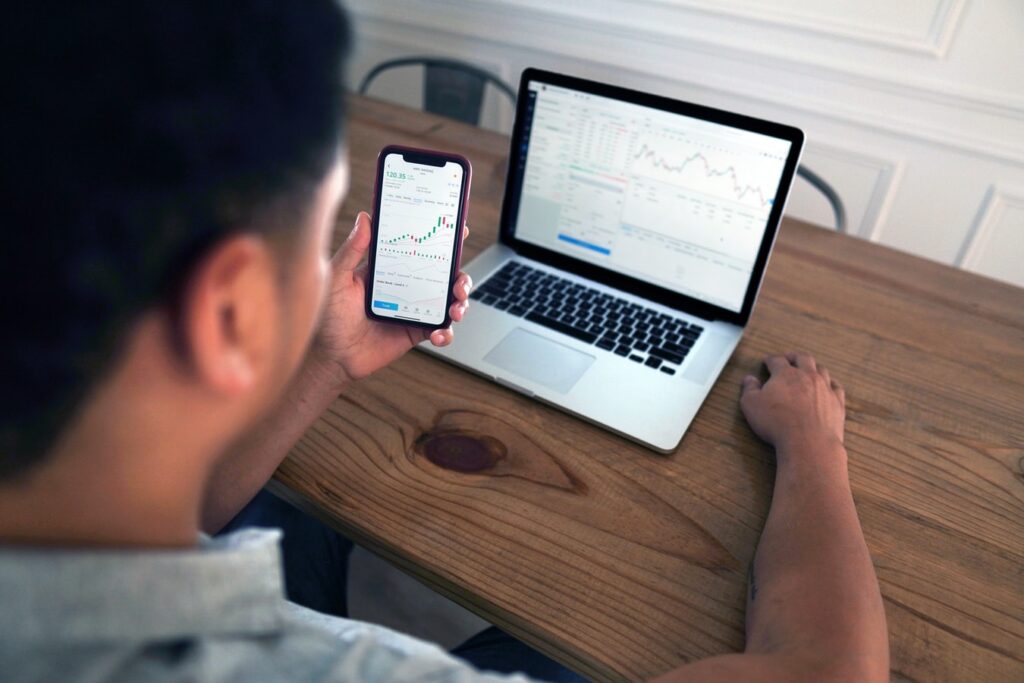
Be wary of promotional offers. They are often used by scammers to force you to make a deposit. In addition, bonus offers and promotions often impose restrictions on the withdrawal of money – until you fulfill the conditions of the promotion, you will be limited in financial or exchange transactions. Always check the information and terms of the particular bonus offer.
How to choose a broker?
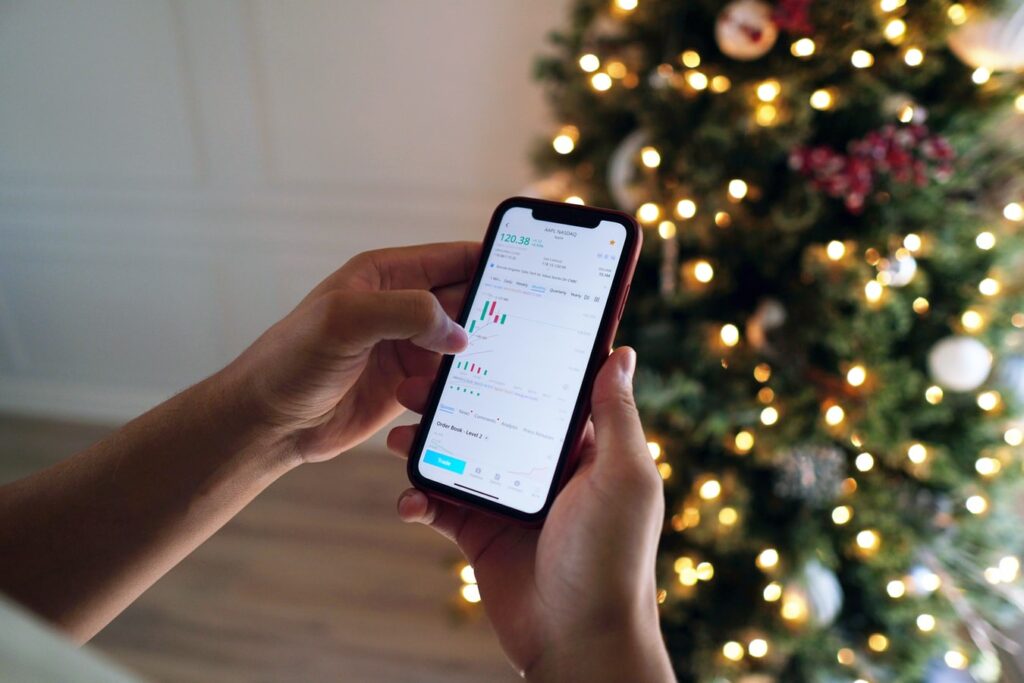
- Study all the information available in the public domain yourself. Visit the website of the broker, regulator and SRO (self-regulatory organizations) that are responsible for broker. Request information about the broker’s activities contacting the regulator and local authorities.
- Study information about the broker in social networks and on the pages of thematic portals. If there are publications about the broker in the media, read them.
- Do not forget to read about the broker on the pages of specialized portals that collect relevant information. Here you can read reviews from both professional analysts and traders. Not only reviews, but also ratings will help you make a choice.
It is important to read reviews about the broker’s work. Reviews and comments must be ‘fresh’ and real, not promotional. Read as many reviews as possible on various independent sites to find out about real advantages and disadvantages of a particular broker.














